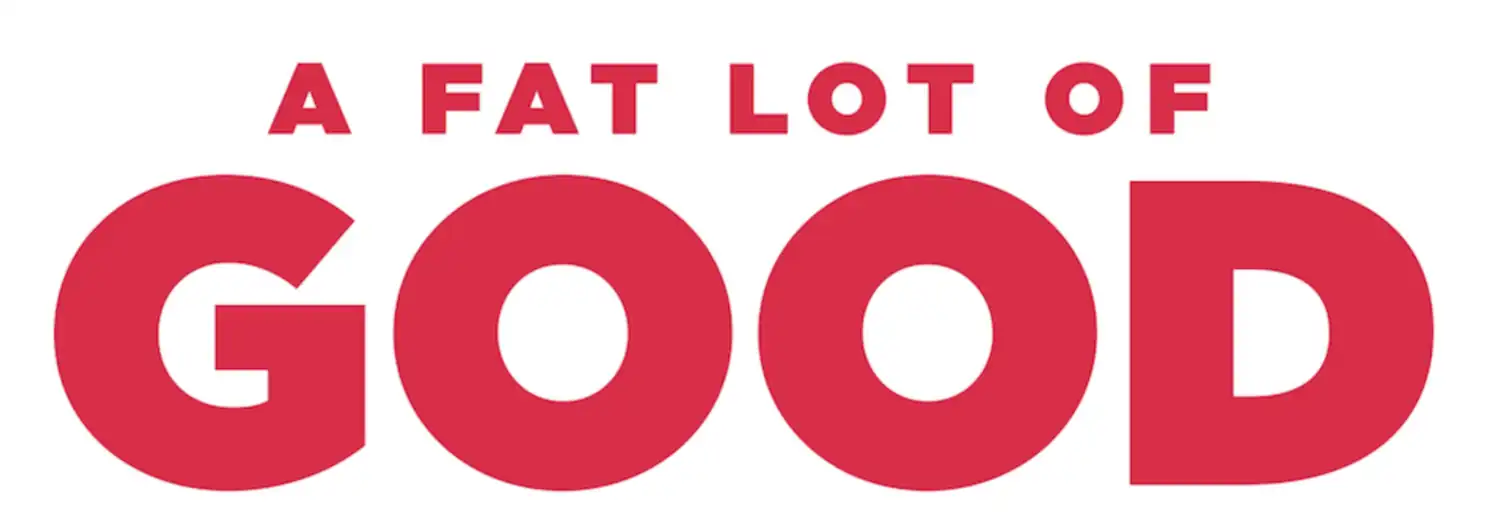The carnivore diet stands out as a controversial contender in a world of ever-changing dietary trends. As more people consider this all-meat lifestyle, one question looms large: Will it devour your budget? While the carnivore diet can indeed be more expensive than a standard mixed diet due to its reliance on high-quality animal products, the actual cost can vary significantly depending on your food choices, shopping strategies, and overall approach to this unique eating style.
Let's dive into the financial implications of this seemingly simple but economically complex diet.
Understanding the Carnivore Diet
The carnivore diet, in its purest form, is exactly what it sounds like – an all-animal-product diet. We're talking meat, fish, eggs, and sometimes dairy. That's it. No fruits, no veggies, no grains, and definitely no plant-based anything. It's like your typical barbecue menu, but for every meal, every day.
Now, you might be thinking, “That sounds simple enough. How expensive could it be?” Well, my friend, that's where things get interesting. The carnivore diet isn't just about grabbing any old burger from the drive-thru. It's about quality, variety, and sustainability – both for your body and your budget.
The Real Cost of Going Carnivore
Initial Transition Expenses
When first adopting the carnivore diet, you might face some upfront costs:
- Pantry overhaul:
- Clearing out non-compliant items (grains, legumes, vegetables, fruits, etc.)
- Donating or discarding opened condiments and sauces
- Replacing herbs and spices with carnivore-friendly seasonings (mainly salt)
- Kitchen equipment upgrades:
- Heavy-duty cast iron skillet for searing meats
- Large slow cooker or pressure cooker for making bone broth
- Quality knives for meat preparation
- Meat grinder for making custom burger blends
- Vacuum sealer for storing bulk meat purchases
- Storage solutions:
- Additional freezer space for bulk meat storage
- High-quality food storage containers for meal prep
- Nutritional supplements:
- Electrolyte supplements to ease the transition period
- Vitamin D3 and K2 supplements if not getting adequate sun exposure
- Omega-3 fatty acid supplements if not consuming enough fatty fish
Think of it as moving to a new country – there's an initial investment in setting up your new life.
Ongoing Food Costs
The bulk of your carnivore budget will go towards high-quality meats. While meat costs will increase, you'll save in other areas:
- No more impulse buys in the snack aisle
- No expensive out-of-season produce
- Elimination of plant-based protein powders and supplements
It's a trade-off that requires a shift in how you think about your food budget.
The Hidden Expenses of Carnivore Diet
Be aware of these potential hidden costs:
- Increased energy bills from running freezers for bulk meat storage
- Regular blood tests to monitor health markers like cholesterol and nutrient levels
- Higher costs for dining out or socializing due to limited options
- Potential need for new clothing as body composition changes
- Increased water consumption and associated utility costs
- Possible increase in personal care products (unscented options for those who report changes in body odor)
How do you properly budget your carnivore diet expenses?
Build relationships with local farmers or butchers:
- Inquire about bulk purchase discounts
- Ask about less popular, but nutritious cuts of meat
- See if they offer a loyalty program or mailing list for special deals
Consider online meat delivery services:
- Compare prices and quality across multiple services
- Look for introductory offers or subscription discounts
- Factor in shipping costs when calculating the overall value
Don't shy away from less popular, cheaper cuts of meat:
- Chuck roast instead of ribeye
- Chicken thighs instead of breasts
- Beef heart is a lean and affordable red meat option
Look for bulk purchase options:
- Buy whole, half, or quarter animals directly from farms
- Purchase family packs at wholesale clubs
- Consider splitting large orders with other carnivore dieters
Diversify your protein sources
- Eggs:
- Versatile and nutrient-dense
- Can be prepared in numerous ways (boiled, fried, scrambled)
- Often cheaper than meat on a per-gram protein basis
- Organ meats:
- Extremely nutrient-dense and often inexpensive
- Liver, heart, and kidneys are common options
- Can be mixed with ground meat for better palatability
- Canned fish:
- Sardines, mackerel, and salmon are rich in omega-3 fatty acids
- Convenient and often more affordable than fresh fish
- Long shelf life makes them excellent for stocking up
Monthly estimate of expenses for the carnivore diet
| Item | Quantity per Month | Cost (AUD) | Cost (USD) |
|---|---|---|---|
| Beef | 45 lbs (20.4 kg) | 630-900 | 450-630 |
| Eggs | 120 eggs | 60-80 | 40-55 |
| Fatty Fish | 2 lbs (900g) | 40-60 | 30-45 |
| Organ Meats | 2 lbs (900g) | 20-30 | 15-25 |
| Butter/Tallow | 4 lbs (1.8 kg) | 40-60 | 30-45 |
| Electrolyte Supplements | 1 month supply | 20-30 | 15-25 |
| Vitamin D3 and K2 Supplements | 1 month supply | 15-25 | 10-20 |
| Total | 825-1,185 | 590-845 |
Caloric Breakdown (Daily Average):
| Food Source | Approximate Calories |
|---|---|
| Beef | 1,600 |
| Eggs | 300 |
| Fish/Organs | 200 |
| Added Fats | 400 |
| Total | 2,500 |
The calorie breakdown assumes a 2,500-calorie daily intake for a moderately active adult.
Initial costs for kitchen equipment and pantry changes are not included.
Potential health-related costs or savings are not factored into this estimate.
Energy costs for additional refrigeration/freezing are not included.
Individual experiences may vary based on specific dietary needs and preferences.
While it can be expensive, smart planning can make it more affordable. The real question is: Do you believe the potential benefits outweigh the costs?
Are you ready to take a bite out of the carnivore lifestyle, or does the price tag leave a bad taste in your mouth? The choice is yours to make.


